by Tracy Laswell
My job search clients often ask me for referrals to a good “headhunter.” Many people think of recruiters as magical, all-knowing, massively connected “job dispensers” or in other words, a person who can help you transcend around the plain old hard, boring, and frightening work of a job search.
Connecting with a headhunter is not a slam-dunk job search. Here’s how it doesn’t work: You find a great headhunter, they present your resume to the dozens of open job requisitions with multiple decision-makers over which they have strong influence, and a few smooth interviews later, you are hired. Ah! Wouldn’t that be nice? Who wouldn’t want to work with a headhunter? I know I would! Unfortunately, it doesn’t quite work that way for the vast majority of people.
After working with recruiters for many years, and working as one myself for several years, here are my top tips for working with recruiters and other employment professionals in your search:
- Avoid the term “headhunter” (which still makes me shudder) derives from the practice of recruiting talent away from a competitor’s company. Besides being a gruesome term, it is incorrect to call a recruiter a headhunter when the job seeker is initiating the relationship.
- Reputable recruiters are paid by the employer to connect talent to opportunity, typically at a rate of 15-25% of your first year’s salary. Companies utilize recruiters to source, prepare, and present candidates with highly specific qualifications. This means that unless you have exactly the industry background and qualifications for a given position, reputable recruiters are not going to present you to their clients. Doing so could negatively impact their relationship with the hiring company.
- Executive Recruiters sometimes refer to their businesses as executive search firms because they search for executives on behalf of their clients. Confusingly enough, outplacement companies also like to refer to themselves as executive search firms, but they search instead for a large fee to handle an individual’s job search. Whether it is you or your former employer paying the large fee, this is the type of executive search firm that does not represent a great value. More concerning than the large fee is the many, many months of unemployment that result if you are not actively managing your job search campaign. Ask around in any job forum, or read the section on this matter in any given edition of What Color is Your Parachute by Richard Bolles.
- Most recruiters, whether on staff with the employer or independent, are focused on a small number of highly specific placements at any given point in time, so the odds are, at any given moment, that the recruiter you approach won’t have a lead for you. Most recruiters work on a contingency or commission basis, and often in competition with other recruiting resources. Therefore, if you are not a near-perfect match for the hot job placement that a recruiter is feverishly working on, it is unlikely that they can help you with your search. In some cases, a candidate with rare skills and top industry credentials will be marketed proactively to the recruiter’s client list, but this is the exceptional situation. In a down economy in which an employer feels they have excellent candidates knocking at their door, recruiters have fewer engagements.
- This is not to say that recruiter relationship are not valuable. Your best bet is to build relationships with those recruiters who specialize in recruiting for your profession, industry, or target organizations. Connect with them on LinkedIn, and stay in touch with them every couple of weeks during your search. Offer referrals of trusted colleagues when appropriate to a current search. Let them know when you’ve landed.
- If you are being represented to a company by a recruiter, be candid and professional with your salary requirements and other issues that could impact your candidacy as well as their reputation with their clients.
- Since only a small fraction of jobs are filled through recruiters, getting your resume to recruiters is only a small fraction of a smart, well-rounded search campaign. Expect to do the heavy lifting of generating and maintaining an active job search pipeline.
- If you need professional career services such as resume review or interview skill-building, expect to pay up front for those services. Most recruiters do not have the time or incentive to manage your job search project for you in the hope of one day getting a commission for placing you.
In summary, while recruiters may be able to provide you with assistance in your search, or ultimately connect you with your dream job, they cannot take over your job search for you. Take charge of your search, network well, hire job search support services as needed, initiate and follow up on as many leads as you can, and you will be successful!
Questions? Feel free to contact tracy@career-magic.com!
